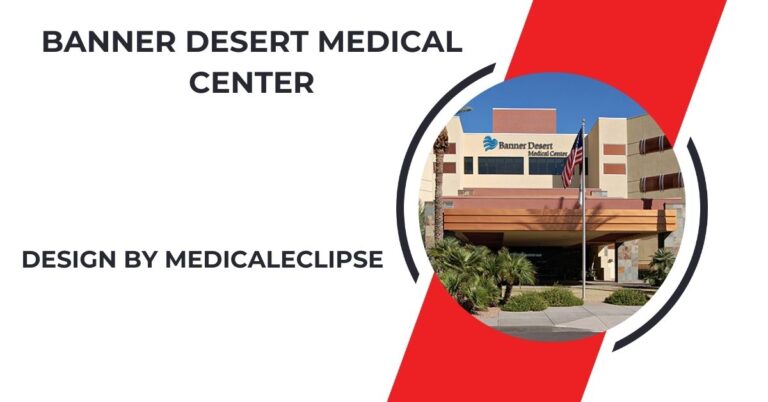Caring for a loved one with Alzheimers disease can be both physically and emotionally challenging. Learning about the disease and its symptoms is the first step to providing support. By understanding management strategies, caregivers can improve the quality of life for their loved ones and themselves. With the right knowledge and resources, the journey can become more manageable.
What Is Alzheimers Disease?
Alzheimers disease is a progressive neurological condition that impacts the brain. It is one of the most common forms of dementia and affects memory, thinking, and behavior over time. The disease gradually interferes with a person’s ability to manage daily tasks.
The condition primarily affects older adults and affects 1 in 3 people older than 85. Though Alzheimers is often associated with aging, it is not a natural part of growing older. By highlighting its unique attributes, it becomes easier to distinguish it from other memory-related conditions.
Symptoms often begin subtly, making early detection challenging. As the disease progresses, cognitive and functional changes become more noticeable. These changes can impact daily life, requiring increased care and attention. Early intervention is key to managing its progression effectively.

What Are Its Causes and Symptoms?
The exact cause of Alzheimers disease is not fully understood. Research suggests it results from a combination of genetic, lifestyle, and environmental factors. These factors can lead to abnormal changes in brain structure, such as the buildup of proteins, which disrupt connections between brain cells.
Common symptoms of Alzheimers disease may include memory loss, difficulty solving problems, and confusion. Initially, individuals might forget recent events or conversations. Over time, the symptoms can extend to struggling with familiar tasks and experiencing personality changes.
Behavioral symptoms are also common and may include mood swings, anxiety, and irritability. Loved ones may notice that the individual becomes withdrawn or struggles to recognize friends and family. Each person experiences the disease differently, but recognizing these signs is helpful in seeking guidance and support as soon as possible.
How Can It Be Managed and Treated?
Currently, there is no cure for Alzheimers disease. There are strategies and treatments available to help manage symptoms and improve quality of life. Medications, when prescribed by a healthcare provider, can help address memory-related symptoms and slow progression in some individuals.
Non-medical approaches often focus on creating supportive environments for individuals with Alzheimers. Simple adjustments, such as establishing daily routines and minimizing distractions, can help reduce feelings of confusion. Caregivers can use tools like calendars, reminders, and labeled items to foster a sense of stability.
Support for family caregivers is equally necessary. Joining local or online support groups can provide helpful resources and connections with others on similar journeys. Professional caregiving services are another avenue that families may explore over time to balance the physical and emotional demands of caregiving.
Supporting Your Loved Ones Today
Caring for someone with Alzheimers disease requires patience, understanding, and awareness. Families can provide meaningful support by learning about the condition and employing strategies to manage it. Early recognition of symptoms and consulting with healthcare professionals are key steps inp providing care. It’s never too early to seek advice and resources to improve the lives of everyone involved.

What Is Medicaid Exclusion For Funeral Plans – Benefits of Medicaid Funeral Exclusions!
Medicaid exclusion for funeral plans allows individuals to set aside funds for funeral expenses without affecting Medicaid eligibility. This ensures financial stability and preserves benefits. In this article, we will delve into “What is Medicaid exclusion for funeral plans,” exploring its significance, how it works, and why it is a vital tool for financial and […]

Banner Desert Medical Center – Trusted Care in Arizona!
Banner Desert Medical Center provides comprehensive medical care, specialising in trauma, cardiology, cancer, and paediatric services. In this detailed guide, we’ll explore the history, specialties, patient care experience, and the many reasons Banner Desert Medical Center is a top choice for healthcare in Arizona. History of Banner Desert Medical Center: Established in 1973, Banner Desert […]

Why Cranberry Femine Health – The Ultimate Natural Wellness Guide for Women!
In recent years, more women are turning to natural solutions to manage their health—particularly when it comes to intimate and urinary wellness. Among all the herbal and fruit-based remedies available, one stands out: cranberry. So, why cranberry for feminine health? Is it just another wellness trend, or is there actual science behind it? In this […]

What Is The Best Peptide For Bone Health – A Comprehensive Overview!
When it comes to maintaining strong, healthy bones—especially as we age or recover from injury—many people are turning to peptide therapy. But with so many peptides on the market, you might be wondering: “What is the best peptide for bone health?” In this article, we’ll explore the most effective peptides for bone regeneration, density, and […]

Why Is Signify Health Calling Me – Understanding the Purpose Behind the Call!
You may have recently received a call from Signify Health, and understandably, you’re wondering: “Is this a scam?” or “Why are they reaching out to me?” Signify Health is not a telemarketing company or a scam. It’s a legitimate healthcare organization that works with insurance providers like Medicare Advantage, Medicaid, and commercial health plans to […]

Adolescent Health Sandra Mcchanja – Advocacy, Research, and Impact!
Adolescent health is a cornerstone of public health, as it shapes the future of communities, nations, and generations. One of the notable figures making a real impact in this field is Sandra McChanja, a professional recognized for her work in adolescent healthcare, youth empowerment, and social health education. In this article, we’ll explore what adolescent […]
Leave a Reply